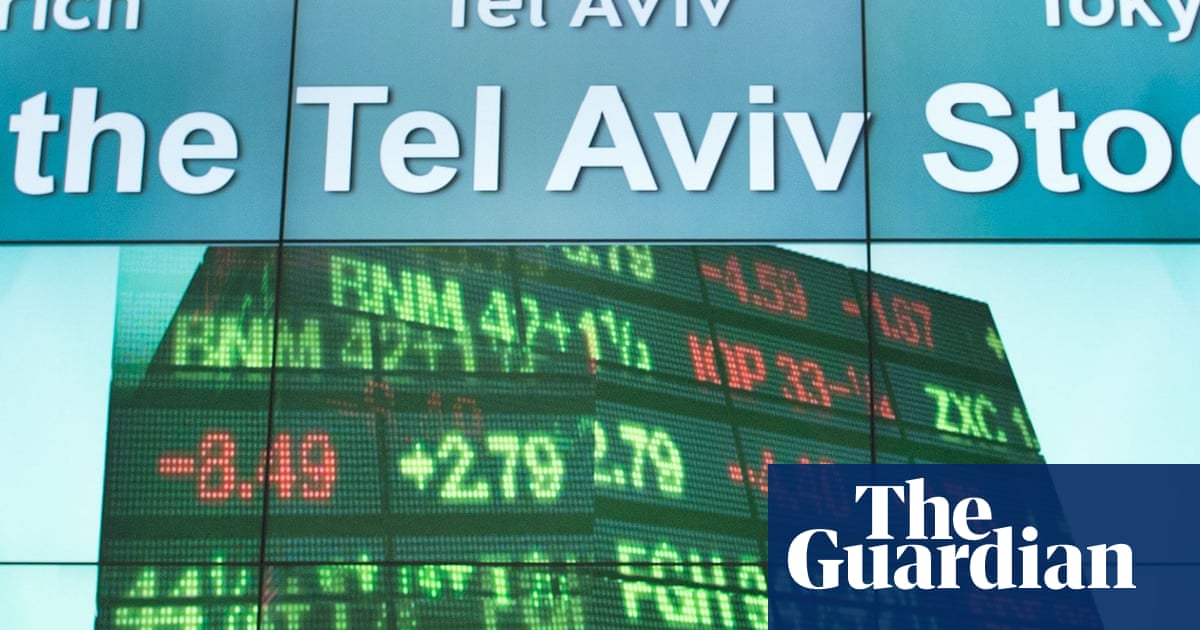
Israeli authorities are investigating claims by US researchers that some investors may have known in advance of a Hamas plan to attack Israel on 7 October and used that information to profit from Israeli securities.
Research by law professors Robert Jackson Jr from New York University and Joshua Mitts of Columbia University found significant short-selling of shares leading up to the attacks that triggered the war.
“Days before the attack, traders appeared to anticipate the events to come,” they wrote, citing short interest in the MSCI Israel Exchange Traded Fund (ETF) that “suddenly, and significantly, spiked” on 2 October based on data from the Financial Industry Regulatory Authority.
“And just before the attack, short-selling of Israeli securities on the Tel Aviv Stock Exchange (TASE) increased dramatically,” they wrote in their 66-page report.
In response, the TASE referred Reuters to the Israel Securities Authority, which said: “The matter is known to the authority and is under investigation by all the relevant parties.”
A spokesperson for the securities regulator did not elaborate, and Israeli police did not immediately comment.
The researchers said short-selling, in which investors expect the share price to fall, allowing it to be bought back at a lower price at a profit, before 7 October “exceeded the short-selling that occurred during numerous other periods of crisis”.
That includes the recession after the financial crisis in 2008, the 2014 Israel-Gaza war, and the Covid-19 pandemic.
They wrote that for Leumi, Israel’s largest bank, 4.43m new shares sold short between 14 September and 5 October yielded profits of 3.2bn shekels ($862m) on that additional short-selling.
“Although we see no aggregate increase in shorting of Israeli companies on US exchanges, we do identify a sharp and unusual increase, just before the attacks, in trading in risky short-dated options on these companies expiring just after the attacks,” they said.
“Our findings suggest that traders informed about the coming attacks profited from these tragic events, and consistent with prior literature we show that trading of this kind occurs in gaps in US and international enforcement of legal prohibitions on informed trading.“
The professors referred to patterns in early April when it was reported that Hamas was initially planning its attack on Israel.
“Short volume in EIS [the MSCI Israel ETF] peaked on April 3 at levels very similar to those observed on Oct 2, and was far higher by an order of magnitude than other days prior to April 3,” they said.
News of the study was first reported on Israel’s financial news website The Marker.










